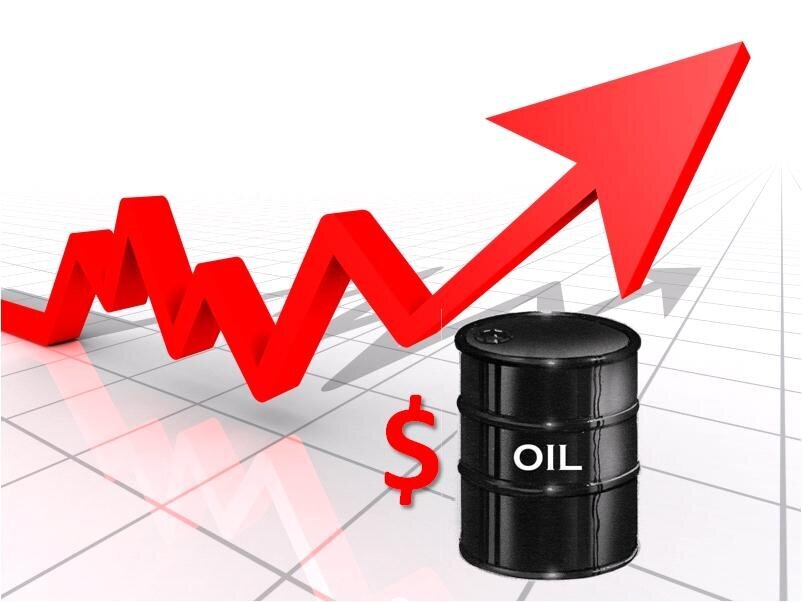Find Everything You Need to Know about Investment Funds

Are there any risks associated with fund fixing?
Often see a lot of people for the fund white advice is often fixed investment, reduce the cost of holding positions, however fixed investment is a foolproof, risk-free?
Then the answer is definitely no.
1.the market risk, the risk of fixed investment in equity funds mainly lies in the ups and downs of the stock market, while the risk of fixed investment in bond funds is mainly Volatility from the bond market. This means that if the stock market falls sharply and a bear ends up in the bottom, then there is no way to recover from it, no matter what method is used.
Even if you use the fixed deposit method, you still have to suffer the pain and anguish of daily declines.
2.liquidity risk, investors have insufficient control over cash flow, not set aside part of the funds to cope with emergencies, if a period of time cash flow tension, then it is possible to interrupt the fund investment to miss the rise in time, and thus suffer losses.
3.Investor's operation problem. Because the fund fixed investment is with a long-term financial, fixed amount of regular, or regular not fixed amount of investment, but is by no means suitable for short-term trading. financial management methods.
So in summary, the fund fixed investment from the technology to reduce the difficulty of investors to invest in the fund, for investors who are just starting out or a good choice, but also to remember that in the specific process of investment in the fund, but also need to have a full understanding of the risk of fixed investment and grasp, so as to avoid the risk of investment in the fund, so as not to cause unnecessary losses.
Second, why can't I add positions at will?
The first thing we need to know is that fixed deposits are designed to average the cost of our positions and smooth out our returns, while fixed deposits on the platform are weighted for costs and returns.
In other words, buy more when the index goes down and less when it goes up, so that you can buy more shares when the fund is "cheap" and less when it is "expensive", thus increasing the yield.
However, whether it is a regular fixed amount, or a regular non-fixed amount, the purpose is to reduce the subjective assumptions of human beings, the time for space, using the average cost method to seek the average holding cost of the market.
For example, in the past two days there have been a number of investors who have continued to cover their positions when the market has fallen, even though he has set up a regular non-fixed amount, but still can not trust the data.
Although this move in the volatile city can indeed reduce the cost of holding a position in a short period of time, or even early positive returns, but if you encounter a unilateral decline in the market, it will be another kind of tragedy, unless you have a large enough amount of money, otherwise not long to survive.
So often a fan asks if it's down again today plus or not?
Me: Are you sure you're doing a fixer-upper?
If the plunge of more than 4% to add a position is understandable, but this is only down 1% ah, what to rush ah!
Third, whether to choose daily, weekly or monthly fixed investment?
In terms of long-term data, there is little difference between the three.
It can be found that the longer the fixed investment period, the smaller the difference in fixed investment returns between them, as long as they are fixed for more than 5 years The difference is less than 0.5%, so the frequency of the fixed investment will be less and less variable as the fixed investment time lengthens the difference in earnings.
So if there is no money set aside to use per se, and you rely on your salary income to invest, then your personal fixed investment time can be based on your salary payout time.
If it is a weekly salary, then the weekly fixed investment, if it is a monthly salary, then the monthly fixed investment, if it is a daily salary then the daily fixed investment.
It will reduce moonlighting and also make a habit of saving money on a regular basis.
If you have a certain amount of money in savings, you can also invest it after calculating the assets available for investment according to the family's standard P&L chart.
If you take monthly or weekly fixed deposits, you can calculate the amount of money you need to invest in each period separately.
Fourth, what is the impact of the fixed deposit investment time on the income?
Different investors are not necessarily the same period of time to prepare for the fixed deposit, although to complete a profit harvest at least three years, but some investors can not wait for such a long time, their fixed deposit may be only 1 year, or even only a few months, which causes the difference between different fixed deposit time will widen.
When the investment time is one year, the maximum yield difference between weekly and monthly investment is only 5%, but when the time is shortened to three months, the maximum yield difference between the two can even reach 10%.
Because short-term buying and selling is greatly affected by market fluctuations, thus affecting investment returns.
For example, if you invest on a monthly basis, but you only intend to invest for 3 months, then there will only be 3 fixed investment opportunities, and if luck breaks out, every time you buy in the Lower, that does allow for higher returns, but what if you set your investments to higher every time? Even with weekly fixes, there are only 12, or at most 13, opportunities.
The number of fixed investment may be able to smooth the income, but still has a greater impact, which can not play the real effect of the fixed investment, then the better choice is the daily fixed investment, so that there are 65 fixed investment opportunities, used to get the average income more easily, but also reduce the income changes due to large fluctuations.
So the investment period is less than half a year can use the daily investment, otherwise take the weekly investment or monthly investment.
Fifth, the fixed deposit day on which specific day?
Equally some investors are puzzled as to which day is more appropriate for fixing investments and how they can get a little more return on their investments.
Let's talk about it again.
There is no need to explain the daily fixed investment, it is being invested on all trading days. So on which day is it better to set up weekly and monthly fixed deposits?
Again taking the above-mentioned 10 years of data as an example, the statistics found that the market fell mostly on Thursday and Friday, the so-called Black Thursday and Black Friday, while the time stretch to the month, the plunge is concentrated in the end of the month, that is, after the 25th of each month, accounting for 49%.
But because February has only 28 days in some years, you can set your monthly fix on any day between the 25th and 28th in order to reduce the hassle of manual fixing.







